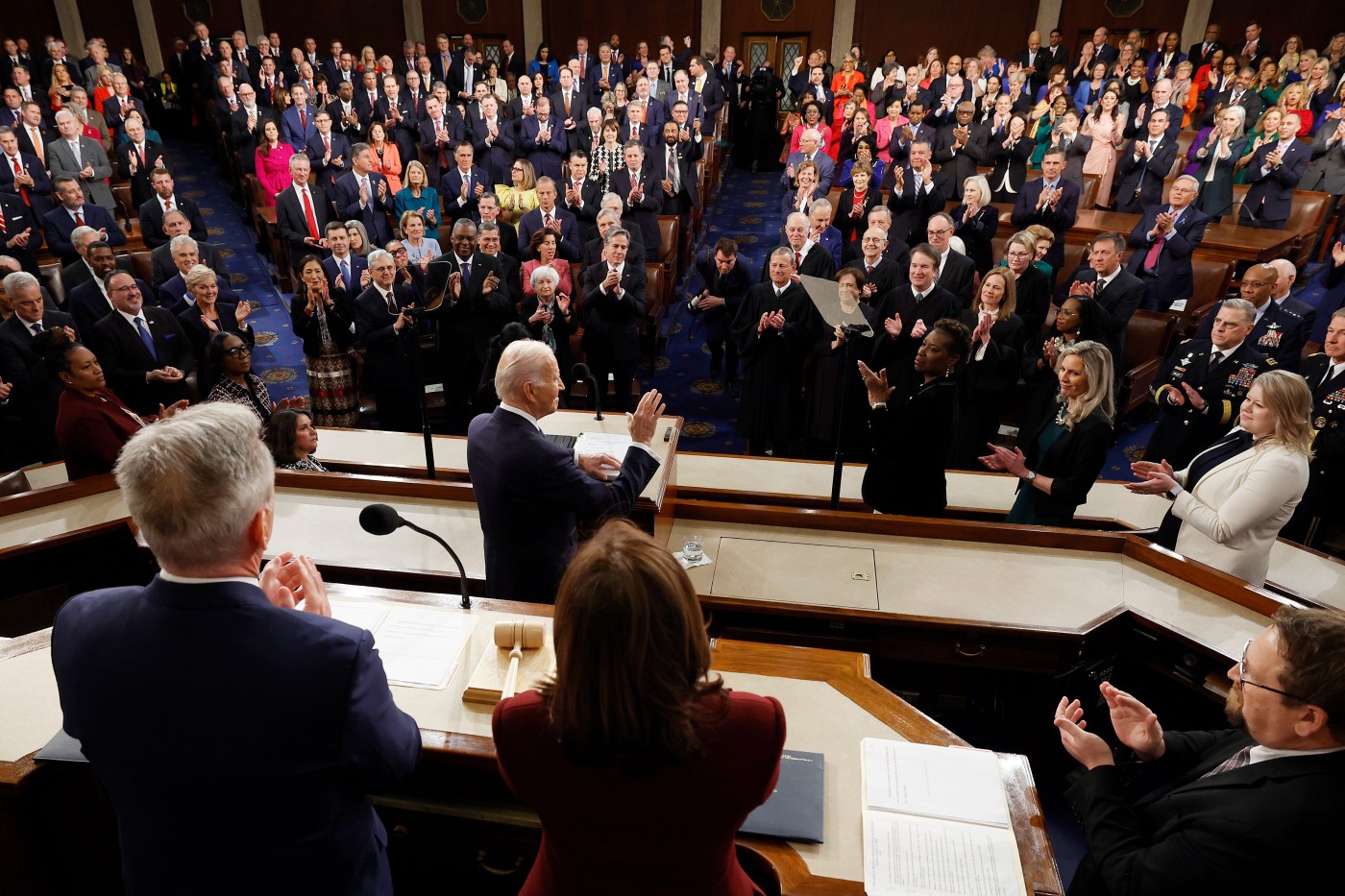
Winslow & Gritzuk: What happens if no one wins Electoral College?
Love it or hate it, Americans understand the process of choosing a president through the Electoral College. With independent candidates joining the major party nominees on the ballot in swing states in 2024, what happens if no candidate receives a 270-vote majority of the Electoral College? Your vote this year for Congress or the US Senate might make a difference in the choice of president and vice president.
Amendment 12 of the United States Constitution creates a process called “contingent election” when no candidate wins a majority of the Electoral College. In a contingent election, the president is chosen by the members of the incoming Congress elected to the US House in 2024 “immediately” after the Electoral votes are canvassed on Jan. 6, 2025 under current law.
The vice president is chosen by the members of the US Senate who are elected in 2024 or whose terms expire later. It will be up to the House and Senate majorities to decide the procedures for voting, provided they play by the broad rules described in the 12th Amendment.
In the House, members of Congress must choose the next president from among the top three candidates for President who have won at least one vote in the electoral college. Senators must choose the vice president from among the top two candidates for vice president who have won at least one vote in the electoral college.
There is no requirement that the president and vice president be members of the same political party. So a bipartisan unity ticket of a president and vice president from different parties is possible. There are slightly different procedures in each chamber for choosing the president and vice president.
For the office of president, the Constitution provides that each state casts one collective vote for its choice of president. For example, South Dakota, with one member of Congress, has the same voting power for president as California, with its 52 members of Congress.
In the current House, Republicans hold the most states with a majority in 26 states. On the other hand, Democrats hold the majority in 22 states, with North Carolina and Minnesota evenly split. However, several swing states, including Pennsylvania and Michigan only have a one seat majority, highlighting the potential for significant change in the 2025 House depending on the outcome of the 2024 congressional elections.
For the office of vice president, the Constitution provides for election between the top two candidate for vice president by majority vote of the Senate. Some pundits predict that Democrats will reclaim the House while Republicans flip the Senate in the 2024 election.
In the House, the Constitution requires that a quorum of two-thirds of the states be present before any contingent election can begin. But both the House and the Senate have discretion to set their own rules for contingent election proceedings, so long as they comply with the overall provisions of the Constitution.
Contingent election of a president has happened only once in American history since enactment of the 12th Amendment. John Quincy Adams was elected on the first ballot to be president by the House two months after no candidate won a majority of the Electoral votes in the 1824 election. Adams had finished second to Andrew Jackson in a four-person campaign for the presidency.
John Quincy Adams’ presidency was impeded by an uncooperative Congress, but he is widely viewed favorably by historians as a public servant who opposed slavery, supported the rights of women and Native Americans, advocated for federally funded infrastructure projects, and urged engagement with the countries of Latin America.
If the bipartisan votes to oust former House Speaker McCarthy are any indication, don’t expect a clear party-line path to victory for any candidate. In a contingent election, merit selection might actually prevail over political party preferences. And based on history’s view of John Quincy Adams, maybe that would not be a bad result.
Dan Winslow is a former Massachusetts judge who now serves as president of the non-profit, non-partisan New England Legal Foundation. Vincent Gritzuk is a Boston College Law student who is the Faberman Fellow at NELF.


